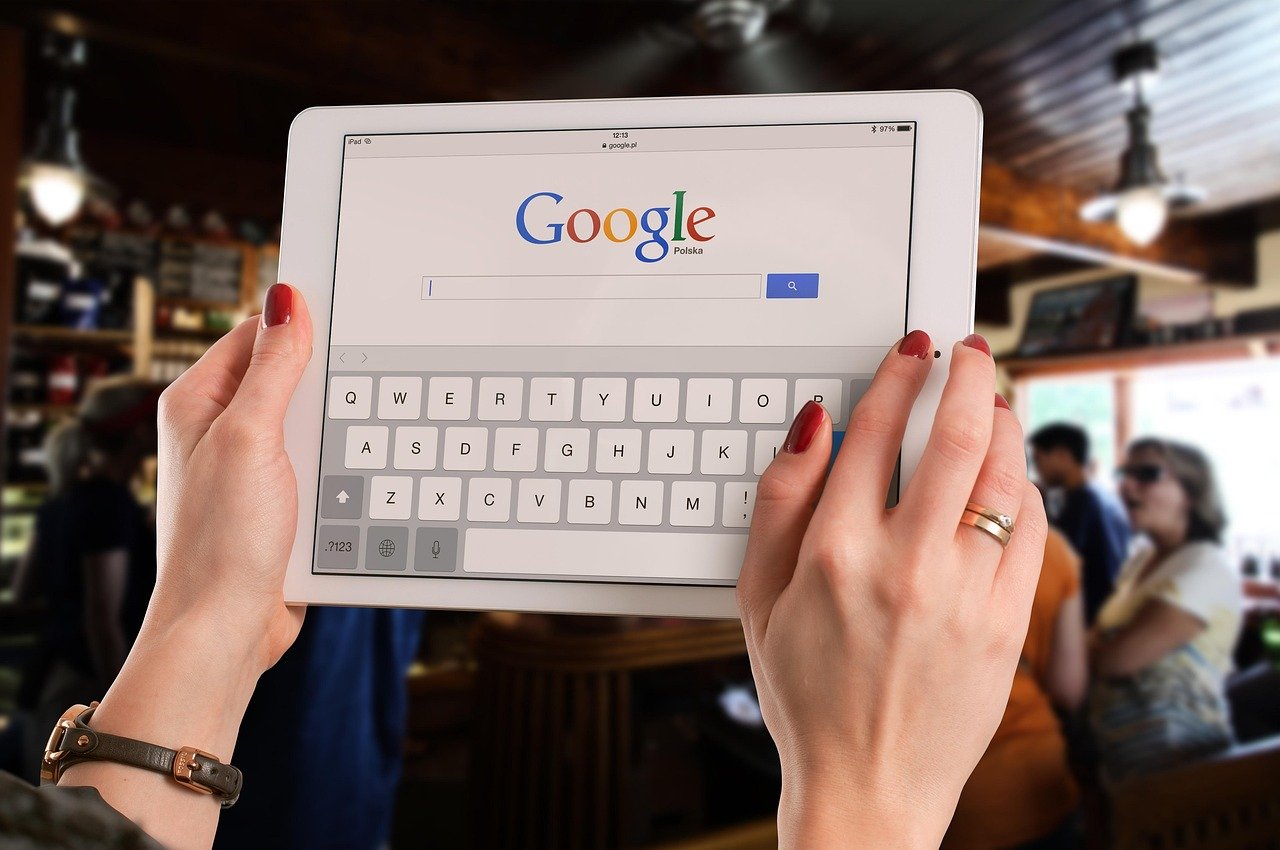During a tech conference this year, the unnamed executive discussed the rapid pace of technological innovation and integration. The conversation notably shifted towards the potential redundancy of smartphones as we know them today. According to the executive, advancements in technology could lead us to a world where traditional smartphones are replaced by more seamless interactions through wearable technology or even AI integrations directly into our daily lives.
The idea of moving beyond smartphones isn’t new. For years, industry experts have speculated about a post-smartphone era dominated by smart glasses, implants, or even more advanced wearable devices. However, hearing such predictions from a high-ranking official within Apple lends significant weight to these theories.
Apple’s exploration into wearable technology with products like the Apple Watch and AirPods suggests they are already preparing for this shift. The company’s heavy investment in augmented reality (AR) and virtual reality (VR), including rumors of an upcoming AR headset, further supports the idea that Apple is envisioning a future where our interactions with technology are far more integrated into our natural fields of view or even our bodies.
This vision aligns with broader industry trends focusing on ‘ambient computing,’ where devices fade into the background, replaced by smarter environments responsive to our needs without requiring direct interaction with traditional hardware like phones or computers.
The implications of such a shift would be profound not only for consumers but also for developers and businesses. If iPhones or similar devices become obsolete, app developers would need to drastically rethink how they design interfaces and interactions. Moreover, businesses that rely heavily on mobile advertising would find themselves needing to adapt to new formats and strategies.
While this future may still seem distant, it’s crucial for professionals across sectors to consider these possibilities as they plan long-term strategies. Meanwhile, consumers should be prepared for significant changes in how they interact with technology daily.
Of course, Apple’s suggestion does not imply that smartphones will disappear overnight but rather evolve into something different or perhaps become absorbed into newer technologies. As always with forecasts about technology’s future, there remains a degree of speculation involved; however coming from an executive at one of the world’s leading tech companies makes this something worth paying close attention to over the coming years.


















